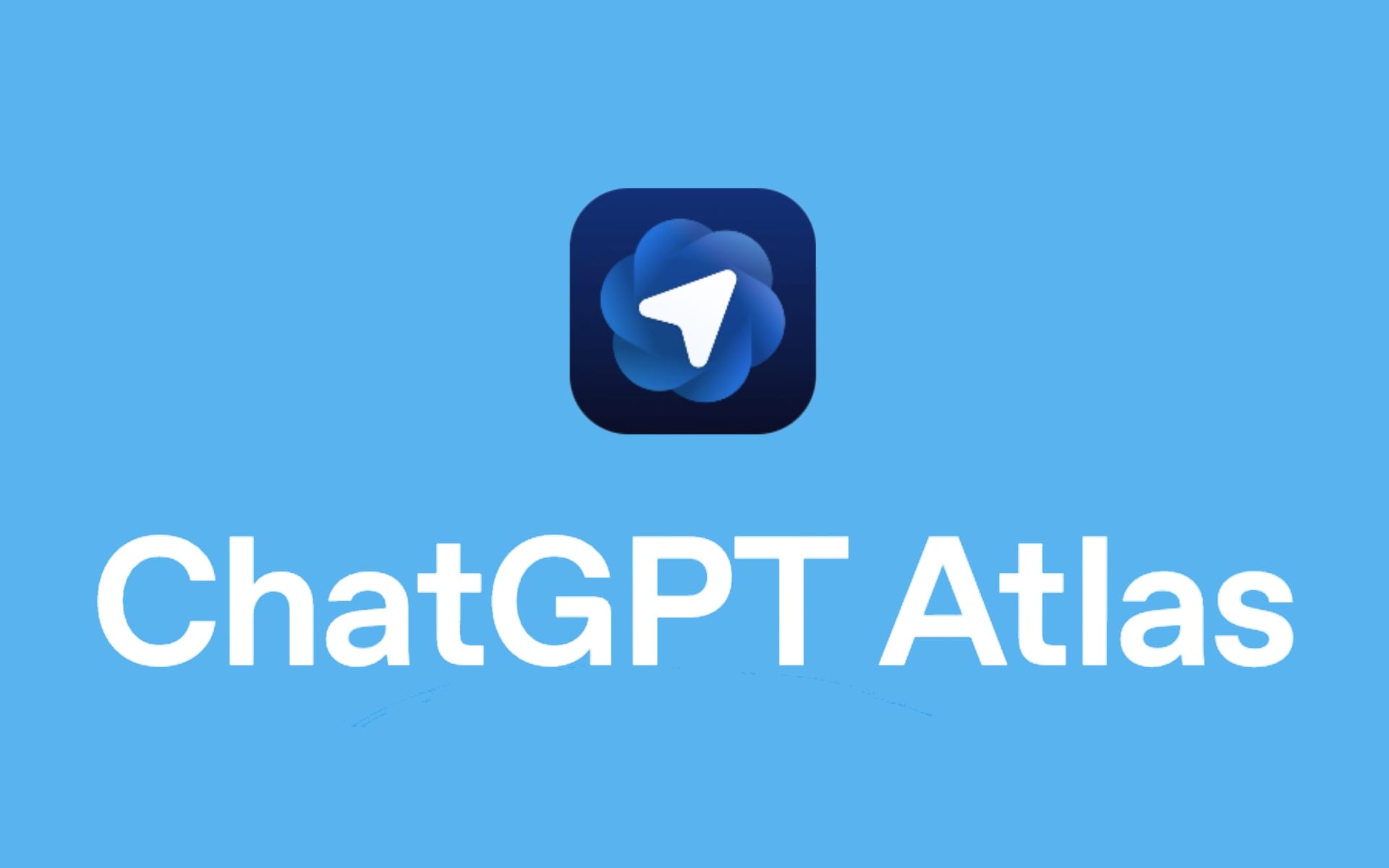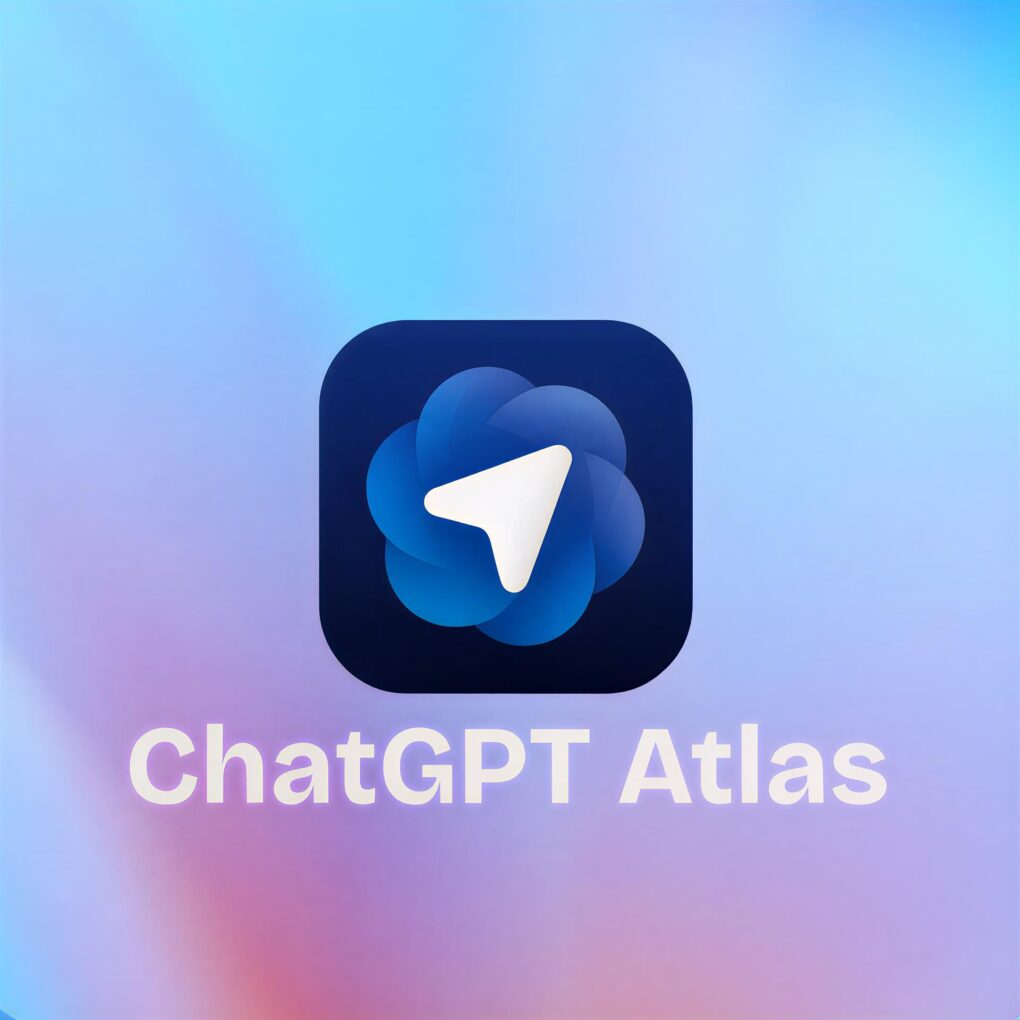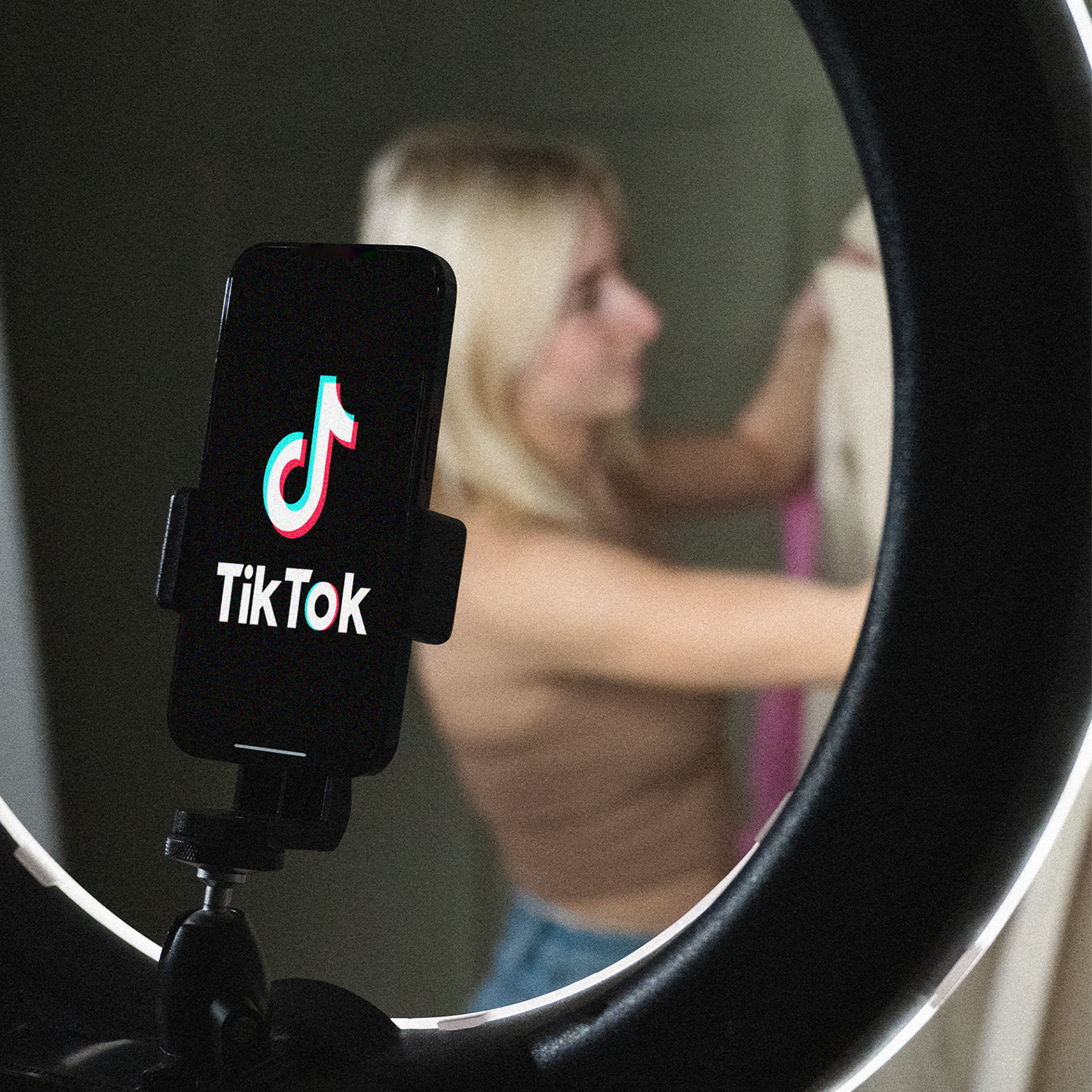
The beginning of an assistant-led web
On 21 October 2025, OpenAI officially released the ChatGPT Atlas browser for macOS. At first glance it looks like any other browser, but the key difference is that ChatGPT is built directly into it. The assistant sits beside every page you visit, ready to summarise, compare or act on what you are seeing. For the first time, AI does not live somewhere you go. It is simply there, inside the browsing experience.
At Superb we have always believed that visibility and usability must evolve together. Atlas proves that belief. The web is no longer something you browse; it is something you work with.
What is changing
For two decades, search worked the same way: type a query, scan a list of results, click a link and decide what to do next. That pattern has shaped digital marketing since the early 2000s.
Atlas changes that entirely. The assistant sits inside the user journey. There is no gap between question and action. It can interpret, guide and complete steps without ever leaving the page.
The consequences are immediate: fewer clicks, fewer pages per task and less friction. When a user asks the assistant a question, it may summarise your content, cite you directly, or skip you altogether. Traditional ranking is no longer the only path to discovery.
How this reshapes SEO
This new model shifts focus from being found to being understood. Assistants such as ChatGPT do not rely on layout or design; they rely on structure and clarity.
Your content must therefore be built and marked up so that an AI can interpret it reliably. Headings, concise summaries, FAQs and schema markup now matter more than ever.
Some clients have already asked whether Atlas could reduce organic traffic. It might, initially, because the assistant can answer many questions without loading a page. However, brands that adapt their content for assistant readability, making it easy to reuse, cite or act upon, will gain new forms of visibility within AI responses and agent actions.
It is no longer about gaming search results. It is about helping the assistant deliver accurate outcomes.
The impact on e-commerce
For online retail, this shift may prove even more significant. Atlas is currently available only on macOS, but it signals a broader trend: AI assistants are beginning to manage discovery and comparison directly inside the browsing interface.
Product data must therefore be complete and consistent. Use Product, Offer and Review schema wherever possible. If the assistant cannot read your data, it cannot recommend your products.
Reviews also play a larger role. Assistants depend on credible, verifiable proof when deciding what to surface. Real testimonials help you stand out; vague or templated ones cause you to disappear.
Usability is part of the story too. As assistants move towards helping users complete purchases, a clean checkout flow and well-labelled forms become essential. These are not only accessibility wins but also how AI agents understand your interface safely.
E-commerce optimisation is no longer about ranking category pages. It is about making product information usable by assistants. Success will come from combining strong data structure with brand trust.
What brands should do next
The goal for the year ahead is simple: optimise for understanding, not just visibility.
Start with fundamentals. Make sure high-value pages open with a clear summary, a defined next step and relevant structured markup. Use FAQ and HowTo schema where appropriate. Keep brand and author information consistent across your site and social profiles.
Rethink analytics. Pageviews will reveal less. Instead, track where assistants reference, quote or act on your content. Those moments will become the new indicators of reach.
Treat accessibility and privacy as trust signals. Users want to know that assistants can interact with your site safely and transparently.
The bigger picture
AI is no longer just a tool that people visit; it has become the interface itself. For marketers this is both challenging and full of opportunity. When assistants become part of the browsing layer, brands that communicate clearly, structure data well and maintain credibility will stay visible.
The web is not fading. It is evolving into something faster, more direct and more conversational.
At Superb, we are already helping clients audit their sites for assistant readiness, from schema and accessibility through to content design and brand trust. If you want to understand what this shift means for your digital strategy, we would be happy to talk.
This article expands on Matthew Blay’s original LinkedIn post. You can read the discussion here.
Prepare your brand for the assistant-led web
If you’d like to talk about how Atlas and assistant-led browsing could shape your brand strategy, our team can help. Fill out the form below and we’ll be in touch to discuss how to prepare your site for this next phase of search and AI discovery.







